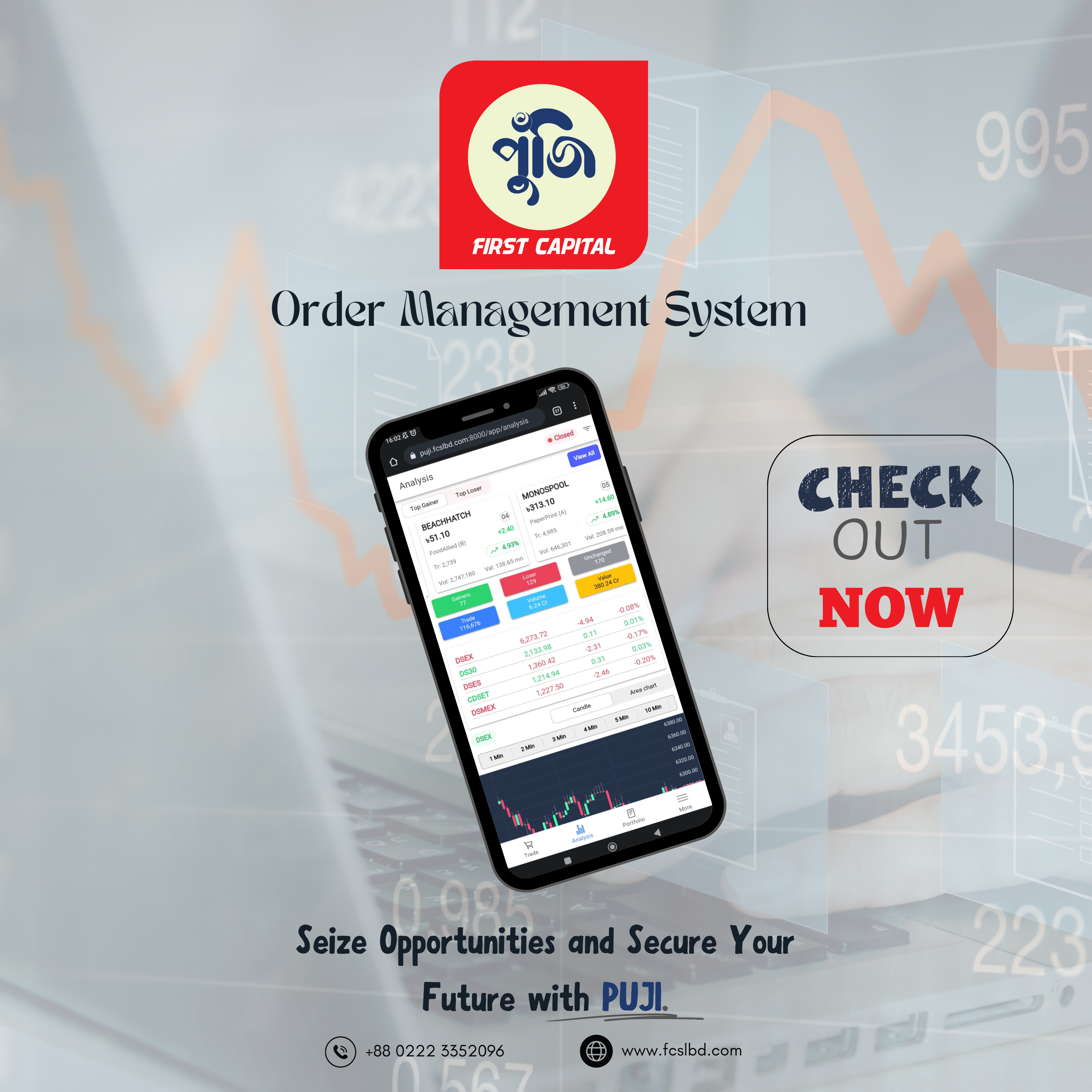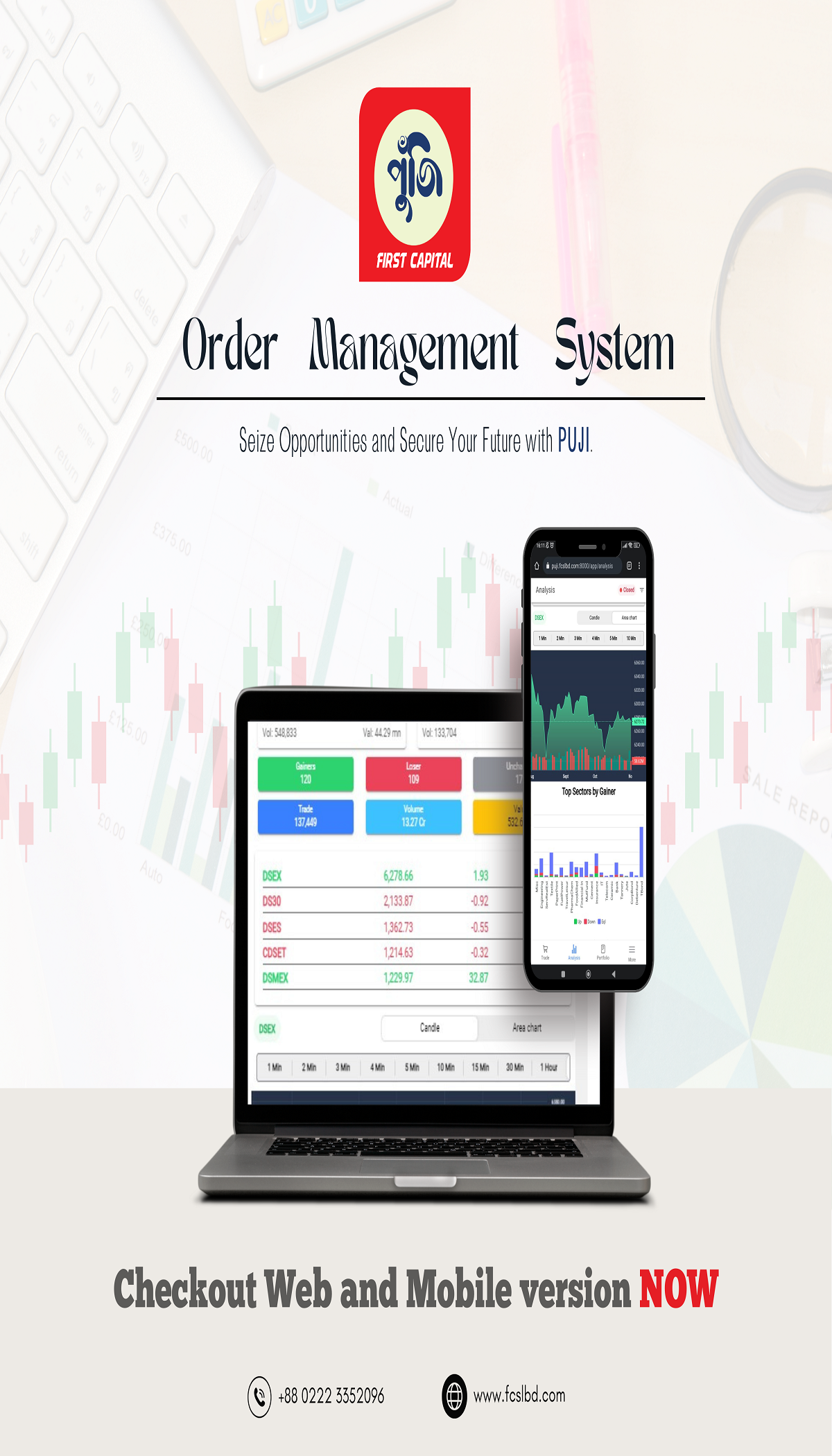আন্তর্জাতিক মুদ্রা তহবিল (আইএমএফ) ১ দশমিক ৩ বিলিয়ন মার্কিন ডলার ছাড় করেছে। সংস্থাটির বোর্ড সভায় আজ সোমবার বাংলাদেশের ৪ দশমিক ৭০ বিলিয়ন ডলার ঋণের চতুর্থ ও পঞ্চম কিস্তির অর্থ একসঙ্গে ছাড় করেছে বলে অর্থ মন্ত্রণালয়ের একাধিক সূত্র নিশ্চিত করেছে।
সূত্র জানায়, চতুর্থ রিভিউয়ের ‘স্টাফ লেভেল অ্যাগ্রিমেন্ট’ সম্পন্ন হওয়ার পর গত ১২ মে আইএমএফের সঙ্গে অনুষ্ঠিত বৈঠকে চতুর্থ ও পঞ্চম কিস্তির জন্য নির্ধারিত ১ দশমিক ৩ বিলিয়ন ডলার একত্রে ছাড় করার সিদ্ধান্ত হয়। এর আগে তিন কিস্তিতে আইএমএফ থেকে ২৩১ কোটি ডলার পেয়েছে বাংলাদেশ। আর ১২ মে বাংলাদেশ ও আইএমএফের মধ্যে সমঝোতার পর এক বিবৃতিতে জানানো হয়, ২৩ জুন দুই কিস্তির অর্থ ছাড় হবে।
এ বিষয়ে জানতে চাইলে বাংলাদেশ ব্যাংকের ডেপুটি গভর্নর ড. হাবিবুর রহমান আজকের পত্রিকাকে বলেন, ‘আমরা ঋণ ছাড়ের বিষয়টি জানতে পেরেছি। তারা চুক্তি অনুযায়ী ১ দশমিক ৩০ বিলিয়ন ডলার ছাড় করেছে। আর যুক্তরাষ্ট্রের স্থানীয় সময় সকাল সাড়ে ৯টার দিকে অনুষ্ঠিত বৈঠকে এই ঋণ ছাড় করা হয়। বৈঠক শেষের কয়েক ঘণ্টা পরেই তারা ঋণ ছাড়ের বিষয়ে ওয়েবসাইটে আপ করবে এবং আনুষ্ঠানিক ই-মেইল করার কথা রয়েছে। তবে বাংলাদেশ ব্যাংকের মুখপাত্র ও নির্বাহী পরিচালক আরিফ হোসেন খান জানান, এ বিষয়ে নিশ্চিত করতে আইএমএফের সময় লাগে। আগামীকাল এ বিষয়ে বিস্তারিত জানানো হবে। আইএমএফের ঋণের ছাড় করা অর্থ এলে তা রিজার্ভে যোগ হবে। এতে বেড়ে যাবে রিজার্ভের পরিমাণ।’
বাংলাদেশ ব্যাংকের মুখপাত্রের দপ্তর জানিয়েছে, গতকাল সোমবার মোট রিজার্ভ ছিল ২৬ দশমিক ৮৩ বিলিয়ন ডলার। যা বিপিএম ৬ ম্যানুয়াল হিসাবে ছিল ২১ দশমিক ৭৫ বিলিয়ন ডলার। সেখানে ১ দশমিক ২০ বিলিয়ন ডলার যোগ হলে মোট রিজার্ভ দাঁড়াচ্ছে ২৮ দশমিক ১৩ বিলিয়ন ডলার।
জানা গেছে, জুনে নিট ইন্টারন্যাশনাল রিজার্ভের (এনআইআর) লক্ষ্যমাত্রা আইএমএফ নির্ধারণ করে দিয়েছে ২০ দশমিক ১১ বিলিয়ন ডলার। কিন্তু সেটা অর্জন করা কঠিন বিবেচনায় নিয়ে গত ১২ মে সরকার তা ১৮ বিলিয়ন ডলারের নিচে রাখার প্রস্তাব দিলে আইএমএফ তা গ্রহণ করে। আর ২৩ জুন ঋণ ছাড়ের বিষয়ে সরকারকে নিশ্চিত করে সংস্থাটি। তবে বর্তমানে এনআইআর হিসাবে রিজার্ভ রয়েছে প্রায় সাড়ে ১৭ বিলিয়ন ডলার। আইএমএফের আসা ১ দশমিক ৩০ বিলিয়ন যোগ করলে ব্যয়যোগ্য রিজার্ভ দাঁড়ায় প্রায় সাড়ে ১৮ বিলিয়ন ডলার। যা রিভাইসড লক্ষ্য পূরণ করে বলে জানিয়েছে সংশ্লিষ্ট সূত্র।
https://www.ajkerpatrika.com/business/ajp7yn7g4j4at













